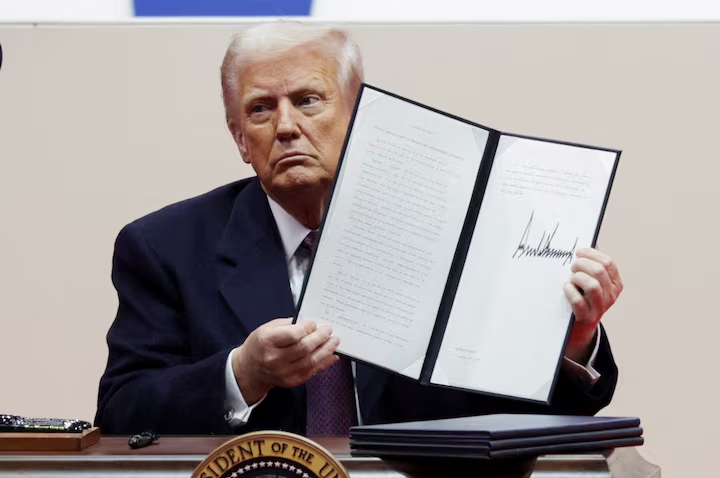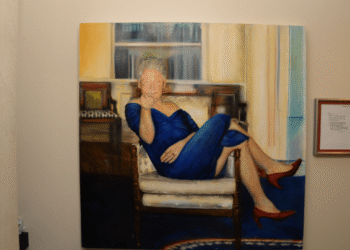Boardman stated that citizenship is a “national concern” that requires a consistent policy across the nation. She noted that only a nationwide injunction could offer full relief to the plaintiffs in this case. After delivering her ruling, the judge inquired whether the government would appeal, but the attorney responded that he lacked the authority to comment immediately.
ALSO READ: Global Outrage over “Madness” of Trump’s Gaza Riveria Plan
Trump’s executive order, initially issued during his first week in office, had already been temporarily blocked by a separate lawsuit filed by four states, with a Washington state judge ruling the order as “blatantly unconstitutional.” The lawsuit has since garnered support from 22 states and various organizations, all seeking to block the executive action. Judge Boardman, nominated by President Joe Biden, issued the preliminary injunction following a hearing in Greenbelt, Maryland. Immigrant-rights groups, including CASA and the Asylum Seeker Advocacy Project, along with expectant mothers, filed the lawsuit in opposition to the order.
Birthright Citizenship
Central to the case is the Fourteenth Amendment, ratified in 1868 following the Civil War and the Dred Scott Supreme Court decision, which had previously denied citizenship to a slave. The plaintiffs in this case argue that birthright citizenship is foundational to American democracy, deeply embedded in U.S. law, and essential to the nation’s identity. They contend that the principle of birthright citizenship has helped shape a sense of belonging for generations of Americans.
In contrast, the Trump administration argued that children of noncitizens are not “subject to the jurisdiction” of the United States and therefore should not be entitled to citizenship. The government’s legal brief contended that the Constitution does not provide citizenship to the children of individuals who have violated immigration laws.
ALSO READ: USAID Staff Ordered Back Home as Agency Faces Global Closure
The Fourteenth Amendment, which was adopted to ensure citizenship for formerly enslaved people and free African Americans, states: “All persons born or naturalized in the United States and subject to the jurisdiction thereof, are citizens of the United States and of the State wherein they reside.”
While 22 states with Democratic attorneys general have sought to block the executive order, 18 Republican attorneys general have joined forces to support the president’s position in federal lawsuits, particularly one filed in New Hampshire.
The U.S. is one of about 30 countries that practice birthright citizenship, a principle known as jus soli, which grants citizenship to those born on the country’s soil. Most of these nations are located in the Americas, including Canada and Mexico.
Trump’s first week in office was marked by a flurry of executive orders on immigration, focusing on mass deportations and border security. While some of these orders had immediate effects, others face ongoing legal challenges, with many immigrant communities fearful of the uncertain future. The outcome of these legal battles, combined with potential Congressional action on funding, could determine whether Trump’s immigration agenda is implemented. If necessary, Trump may invoke emergency powers, as he did with the border wall during his first term, to bypass Congress.













